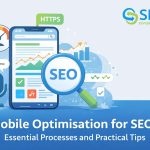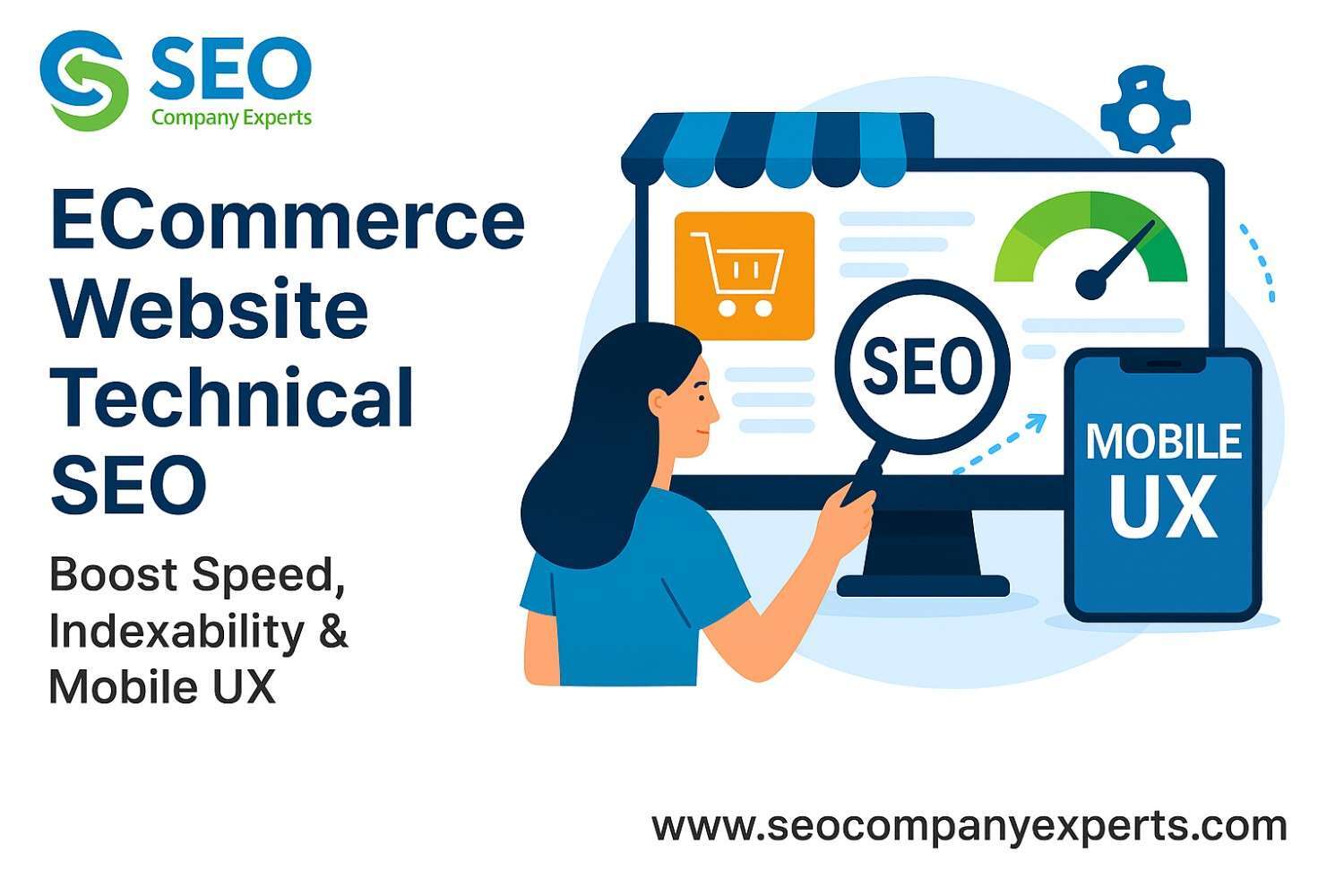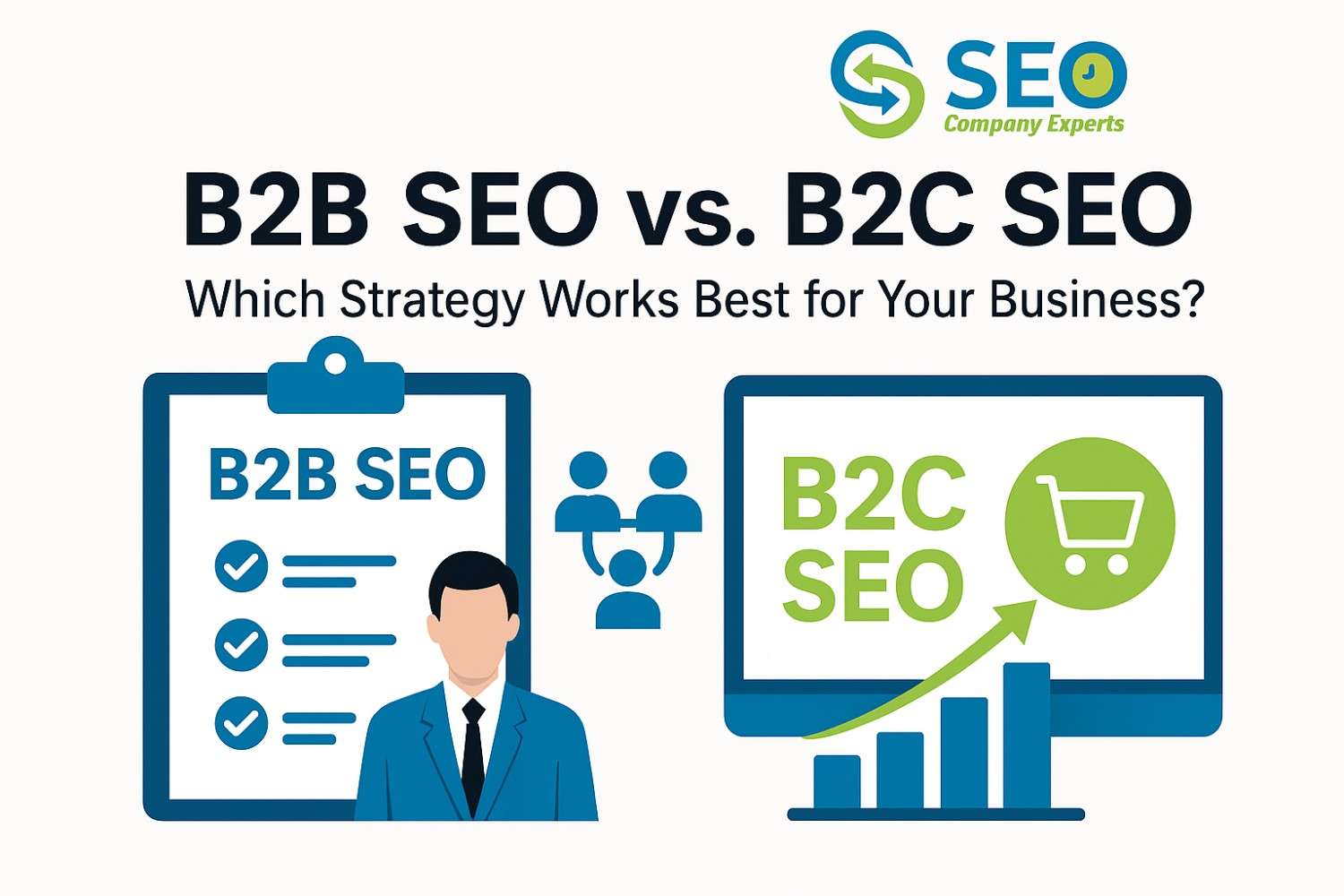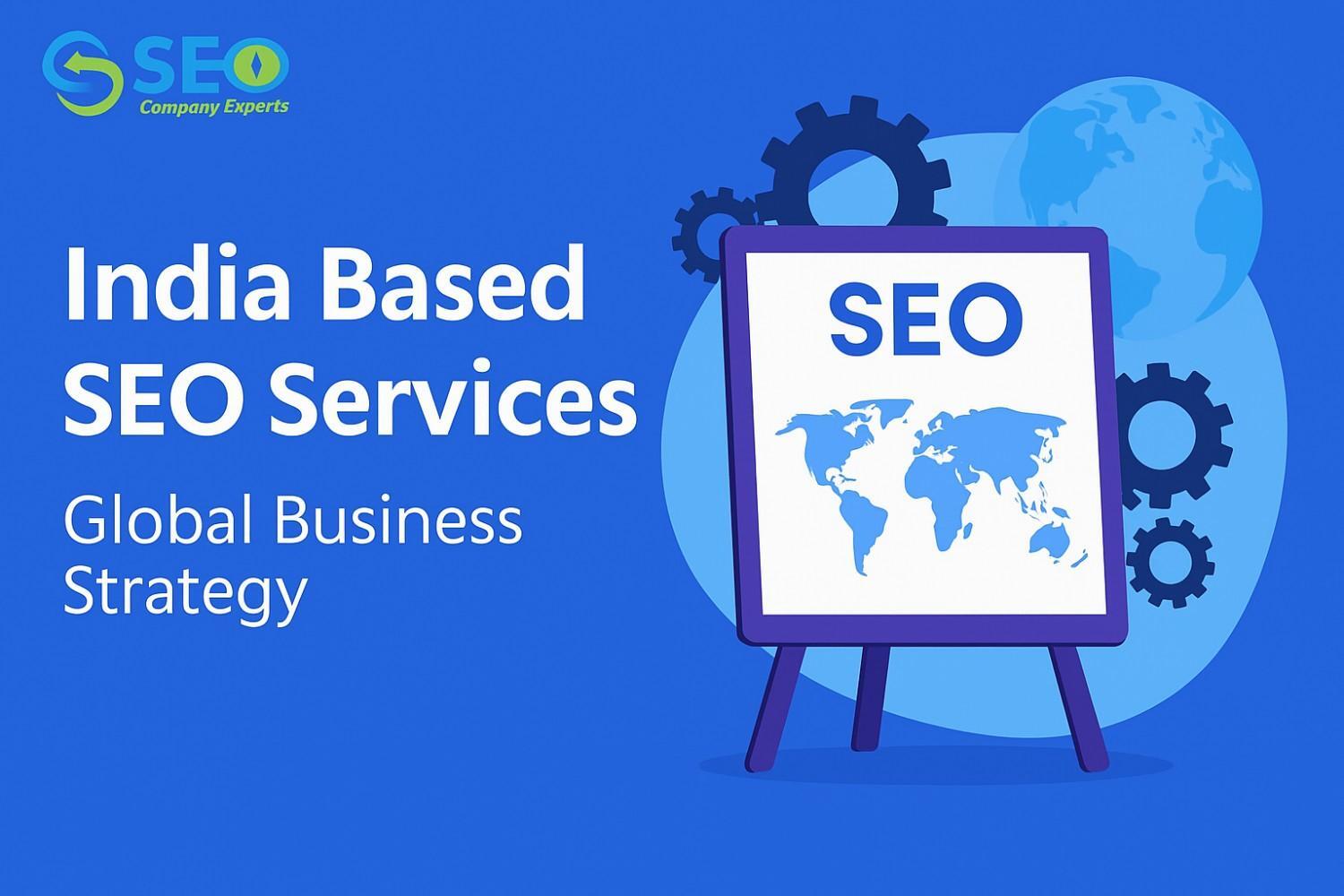
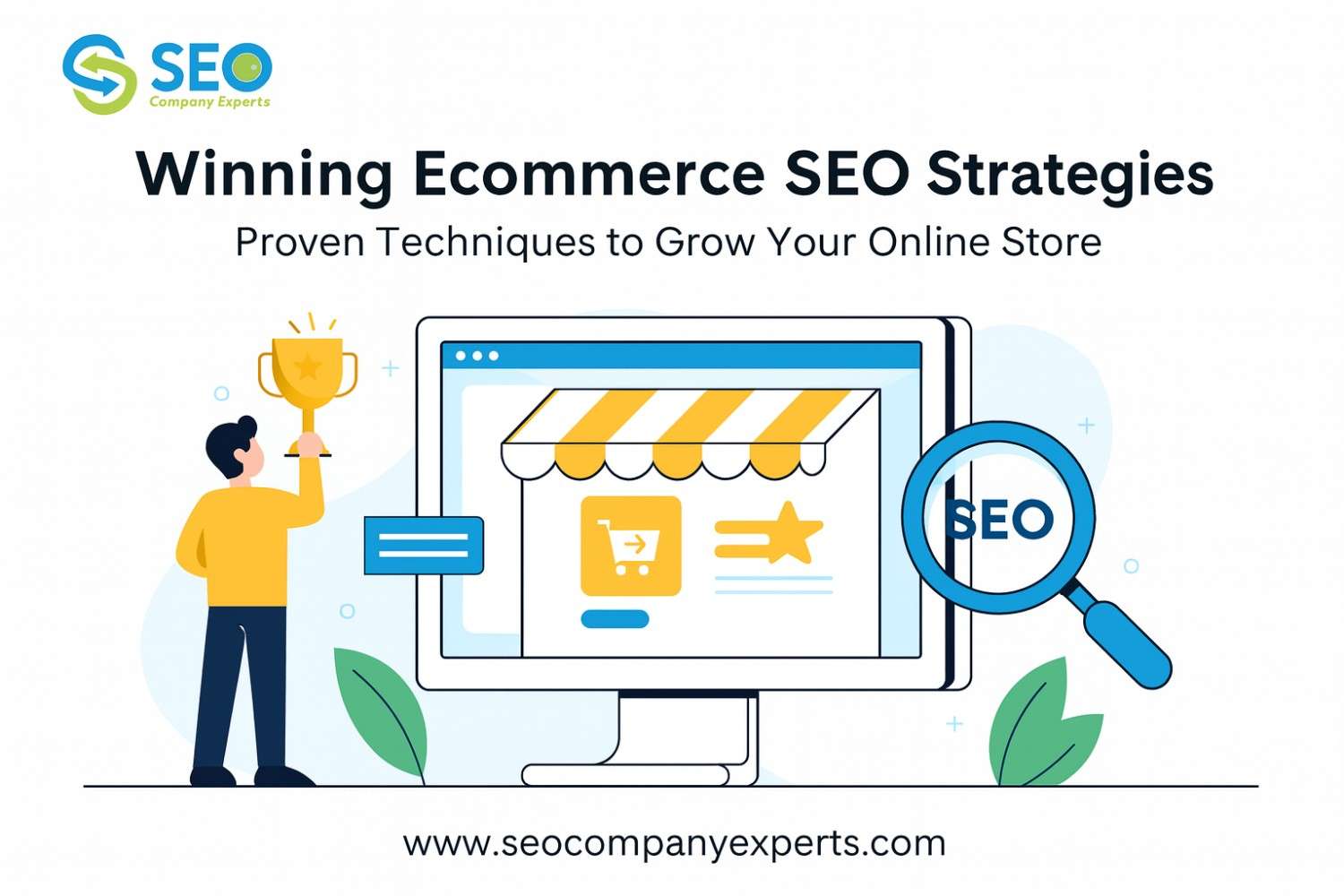
In the fast-paced world of online retail, every click counts. If your ecommerce store isn’t ranking on the first page of Google, you’re missing out on massive traffic and sales potential. The truth is simple visibility drives conversions, and the best way to boost visibility is through winning ecommerce SEO strategies. Whether you’re running a small boutique or a large online marketplace, understanding and implementing effective Ecommerce SEO Services is essential for sustainable growth. In this comprehensive guide, we’ll explore proven methods, actionable tips, and the latest trends to help your store dominate search results and outperform competitors.
What Is Ecommerce SEO and Why It Matters
Ecommerce SEO (Search Engine Optimization) is the process of improving your online store’s visibility in search engine results pages (SERPs). The goal is to attract organic traffic that converts into paying customers.
Unlike regular websites, ecommerce stores have multiple product categories, hundreds of product pages, and dynamic content all of which require strategic optimization.
Here’s why Ecommerce SEO Services are crucial:
- Increased visibility: Higher rankings mean more people find your products.
- Sustainable traffic: Unlike paid ads, organic traffic keeps coming with consistent SEO efforts.
- Improved user experience: Optimized pages load faster and convert better.
- Better ROI: SEO delivers long-term growth without ongoing ad spend.
Investing in professional Ecommerce SEO Marketing Services can transform your online store into a high-performing sales engine.
Core Components of a Successful Ecommerce SEO Strategy
Building a successful SEO foundation starts with mastering a few key pillars. Let’s explore them in detail.
1. Comprehensive Keyword Research
Keyword research forms the backbone of your ecommerce SEO plan. It helps you identify what potential buyers are searching for and how to target those terms effectively.
Focus on a mix of keyword types:
- Short-tail keywords: Broad and high-volume, e.g., “men’s shoes.”
- Long-tail keywords: Specific and conversion-friendly, e.g., “affordable running shoes for men.”
- Transactional keywords: Indicate purchase intent, e.g., “buy wireless headphones online.”
Use tools like Google Keyword Planner, Ahrefs, or SEMrush to find high-traffic, low-competition terms that align with your products.
2. On-Page Optimization for Ecommerce Sites
On-page SEO ensures that search engines can easily crawl, understand, and rank your product and category pages.
Key elements include:
- Optimized titles and meta descriptions: Include keywords naturally, highlight benefits, and use a compelling call-to-action.
- Header tags (H1–H4): Organize content with proper hierarchy and include target keywords.
- High-quality product descriptions: Avoid duplication; write engaging, original content that describes product benefits clearly.
- Image optimization: Use descriptive filenames and alt tags; compress images to enhance page speed.
Implementing Ecommerce SEO Strategies with strong on-page optimization helps your store achieve better rankings and deliver a smoother user experience.
3. Technical SEO for Ecommerce
Technical SEO for eCommerce websites focuses on improving your website’s infrastructure so search engines can crawl and index your product pages and content efficiently.
Important areas to focus on:
- Site speed: Fast websites improve rankings and reduce bounce rates. Use Google PageSpeed Insights to analyze performance.
- Mobile optimization: Since most online shopping happens on mobile, your site must be responsive.
- Structured data (schema markup): Helps search engines understand your content and display rich snippets (like product prices and ratings).
- XML sitemap and robots.txt: Ensure all pages are crawlable and indexed correctly.
- Secure website (HTTPS): Security is a ranking factor and builds user trust.
A strong Ecommerce SEO Services provider will handle these technical details for you, ensuring your site runs seamlessly and ranks efficiently.
4. Content Marketing for Ecommerce SEO
Content is what connects your brand with potential customers. A solid Ecommerce SEO Marketing Services plan should include a robust content strategy that goes beyond product pages.
Effective content types:
- Buying guides: Educate shoppers about product types, features, and comparisons.
- How-to articles: Help customers use your products effectively.
- Blog posts: Share industry insights, tips, and seasonal trends.
- Videos and tutorials: Enhance engagement and dwell time.
5. Link Building and Off-Page SEO
Building high-quality backlinks is essential to establish your site’s authority and credibility.
Proven link-building methods include:
- Guest posting: Write articles for reputable blogs in your niche.
- Influencer collaborations: Partner with industry influencers to earn mentions and backlinks.
- Press releases: Promote new launches or achievements through credible news outlets.
- Social sharing: Encourage users to share your content across platforms.
These white-hat link building SEO strategies increase your domain authority and push your store higher in search rankings.
Advanced Ecommerce SEO Strategies for 2025
The ecommerce landscape is evolving rapidly. To stay ahead, your Ecommerce SEO Agency should integrate the latest SEO trends and AI-driven tools.
1. AI and Automation in SEO
AI tools like ChatGPT, Gemini, and SurferSEO are revolutionizing keyword optimization, content creation, and competitor analysis. They help analyze user intent and predict search trends.
Leverage AI to:
- Automate content briefs and audits.
- Identify trending keywords faster.
- Personalize shopping experiences through predictive SEO.
AI-driven Ecommerce SEO Services ensure your strategies remain data-backed and adaptive.
2. Voice Search Optimization
With smart assistants like Alexa and Google Assistant, voice search is on the rise. Optimize your site for conversational queries by:
- Using natural language phrases.
- Including FAQs on product pages.
- Optimizing for local SEO (e.g., “buy running shoes near me”).
Voice search-friendly content helps your store capture new audiences who prefer quick, spoken queries.
3. Visual Search Optimization
Platforms like Pinterest and Google Lens have made visual search a key ecommerce trend. Optimize product images with:
- Descriptive alt text and file names.
- Structured product data.
- High-quality visuals and lifestyle imagery.
When users search by image, your product stands a better chance of appearing in relevant results.
4. Local SEO for Ecommerce
Even if you operate online, local visibility can be powerful especially for hybrid businesses with physical stores or warehouses.
Focus on:
- Optimizing your Google Business Profile.
- Adding location-based keywords.
- Earning local backlinks and reviews.
Local SEO boosts your store’s visibility in “near me” searches and enhances brand trust.
5. Conversion Rate Optimization (CRO)
Driving traffic is only half the battle converting visitors into buyers is where true success lies.
Improve conversion rates by:
- Simplifying navigation and checkout flow.
- Using clear CTAs (“Add to Cart,” “Buy Now”).
- Offering fast and secure payment options.
- A/B testing product pages for design and copy.
A well-optimized store not only ranks high but also sells more effectively.
Measuring the Success of Your Ecommerce SEO Campaign
Tracking results ensures your SEO efforts are paying off. Monitor key performance indicators (KPIs) such as:
- Organic traffic growth
- Keyword rankings
- Conversion rates
- Bounce rate and dwell time
- Revenue from organic sales
Tools like Google Analytics, Search Console, and Ahrefs provide valuable insights into your performance metrics.
Common Ecommerce SEO Mistakes to Avoid
Even the best stores can fall into SEO traps. Here’s what to watch out for:
- Duplicate content: Avoid copying manufacturer descriptions.
- Thin content: Ensure every page offers real value.
- Ignoring technical SEO: A slow or broken site hurts rankings.
- Neglecting mobile optimization: Most shoppers browse on phones.
- Skipping analytics: Data should drive every decision.
Avoiding these pitfalls can dramatically improve your SEO outcomes.
Future of Ecommerce SEO: What’s Next
SEO is no longer just about keywords, it’s about experience, personalization, and intent. In 2025 and beyond:
- Search engines will rely more on AI and user behavior.
- First-party data will play a vital role in personalization.
- Sustainability and brand ethics will influence consumer choice.
Brands that adapt quickly will maintain their edge and continue winning in the ecommerce space.
Conclusion
Mastering Ecommerce SEO Strategies takes time, consistency, and expert guidance. By focusing on technical excellence, valuable content, and continuous optimization, your online store can rise above competitors and secure long-term visibility. If you’re ready to elevate your store’s rankings, partner with SEO Company Experts, a trusted Ecommerce SEO Agency delivering tailored SEO solutions that drive traffic, conversions, and measurable ROI.
